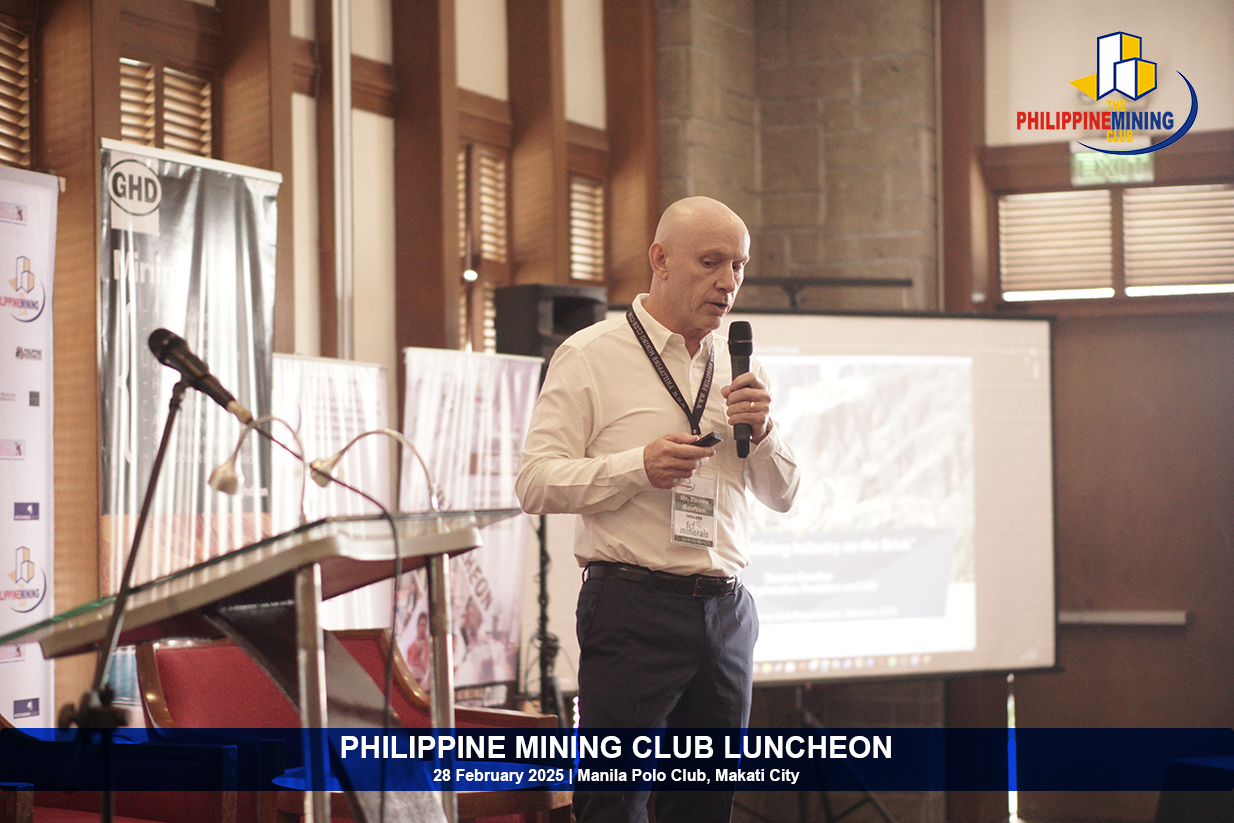Global mining exec urges faster processing of exploration permits
The Philippine Star | March 28, 2025 12:00AM

MANILA, Philippines — Metals Exploration CEO Darren Bowden has urged the Philippine government to address the sluggish exploration permit process which, he said, is stalling growth and pushing investors elsewhere.
At a recent Philippine Mining Club luncheon, Bowden, whose company operates the Runruno gold mine in Nueva Vizcaya, said delays in securing exploration permits are undermining the country’s mining potential. He compared the Philippine process with that of Australia, where approvals are issued in a matter of weeks.
“In Australia, to get issued an exploration permit actually takes 24 to 48 hours… within 30 to 60 days, it’s issued, and you’ll be on the ground,” Bowden said. “In the Philippines, you are at least a year in, and then three to six years before you can start work. That is why we don’t have a developed mining sector.”
He emphasized that exploration is the foundation of a healthy mining industry. The lengthy timelines, he argued, are incompatible with the financial realities faced by companies, which rely on early-stage results to raise capital and advance projects.
“These timelines need to change,” he said. “As the President’s vision is to revitalize the Philippine mining industry as major economic driver, the permitting process has to be responsive to the commercial reality.”
Bowden highlighted the gap in exploration activity between the Philippines and other mining jurisdictions. Australia recorded AU$4.2 billion (P150 billion) in exploration spending in 2023, compared to just $37 million in the Philippines. “That gives you a good idea of the differential,” he noted. “We’re relying on 30 or 40-year-old deposits for our future. That is not how we’re going to grow this industry.”
He also raised concerns about the application of the Indigenous Peoples Rights Act (IPRA) during the exploration phase. While expressing support for the law’s intent, he argued that it is being applied beyond its legal scope.
“There is no need under this law to negotiate economic benefits for indigenous peoples at the exploration stage,” he said. “That’s required for mine development, not exploration. Yet we go through a three-year process that costs hundreds of thousands of dollars – needlessly.”
He pointed to the Philippine Mining Act as providing clearer direction, stating that indigenous engagement during exploration should focus on environmental and conservation outcomes.
“This should be a straightforward process,” he said. “Companies already have to submit an environmental work program to the Mines and Geosciences Bureau, and indigenous communities can provide their inputs during the government’s review of that plan.”
Instead, Bowden said the current free, prior and informed consent (FPIC) process often drags on, expanding into protracted negotiations over financial aid, scholarships, infrastructure, and social services – matters he said are more appropriate at the mining development stage.
“These are all valid issues,” he said, “but they belong at the mining stage, when a project has proven value and is ready for development.”
“Exploration is about determining potential,” he added. “Mining is when that potential becomes real–and that’s when the sharing of benefits and wealth should happen. If we want to move forward in a way that’s fair and effective, we have to respect that distinction.”
To address the issue, Bowden proposed a two-stage permitting and consultation framework. Under this approach, early-stage exploration would focus on environmental safeguards and limited review timelines, while the more complex benefit-sharing and consent negotiations would take place only if a viable mine is confirmed.
Source: The Philippine Star
.

